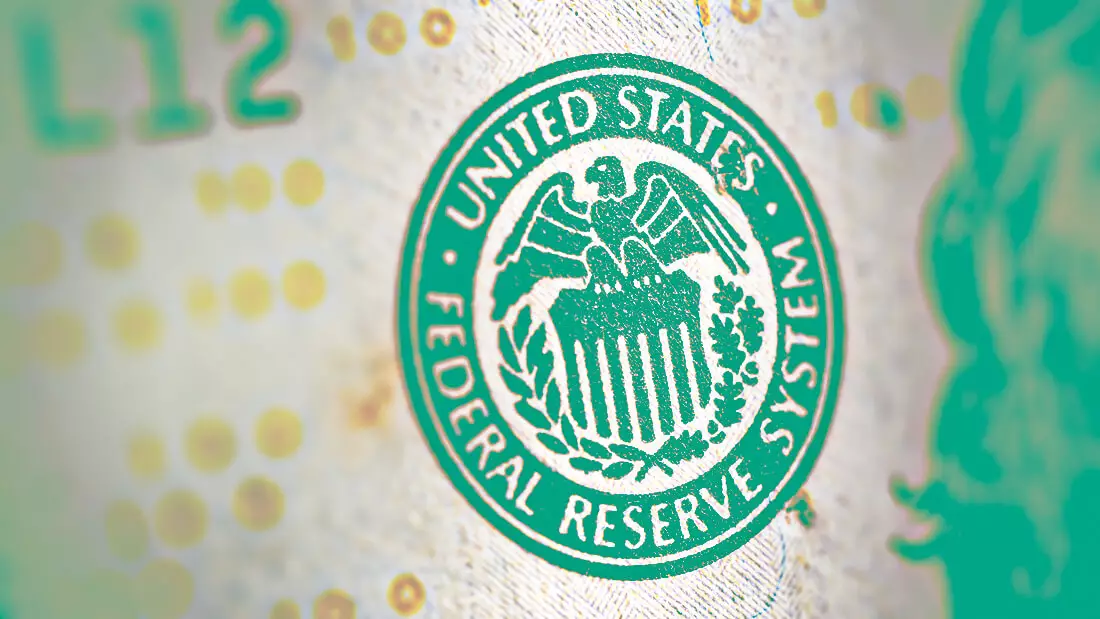Recently, the Federal Reserve issued a cease and desist order to United Texas Bank (UTB) on August 29, 2023. This order came after an examination conducted by the Federal Reserve Bank of Dallas and the Texas Department of Banking earlier in May of the same year. The examination revealed alleged deficiencies in the bank’s corporate governance, oversight, and compliance with anti-money laundering (AML) regulations. These findings have prompted the Federal Reserve to take action against UTB and demand necessary changes to its operations.
As part of the cease and desist order, UTB is required to submit several plans within 60 to 90 days. The bank’s board of directors must present a plan within 90 days that demonstrates compliance with the Bank Secrecy Act (BSA) and AML rules. Additionally, within 60 days, UTB must address various requirements, including strengthening board oversight of BSA and AML policies compliance, implementing a corporate governance plan based on third-party recommendations, and revising the BSA/AML compliance program. UTB must also develop an enhanced customer due diligence program, improve its suspicious activity monitoring and reporting system, and enhance compliance with Office of Foreign Assets Control (OFAC) regulations within the same timeframe. Quarterly progress reports detailing the bank’s actions to comply with the orders must also be submitted.
Since the examination leading to the cease and desist order, UTB has already taken steps to strengthen its BSA/AML compliance program and reduce its risk profile. This proactive approach indicates a commitment to rectifying the identified deficiencies within the prescribed timelines. The bank’s willingness to address the issues promptly is crucial in demonstrating its dedication to regulatory compliance and adherence to banking standards.
The enforcement action against UTB is not an isolated incident, as seen in the case of Customers Bank, a Pennsylvania-based institution, facing similar issues and enforcement measures by the Federal Reserve. The timing of these actions has sparked concerns in the crypto industry, with some, like Gemini’s co-founder, interpreting them as part of an overarching strategy to stifle innovation and growth in the sector. The reference to “Operation Choke Point 2.0” by U.S. Senator Bill Hagerty suggests a coordinated effort by the Biden administration to exert control over the crypto industry through regulatory channels.
The Federal Reserve’s stern response to UTB’s deficiencies in offering crypto services underscores the importance of adhering to regulatory requirements and maintaining robust compliance frameworks in the financial sector. The steps taken by UTB to address the identified issues and enhance its compliance programs are crucial in restoring trust and ensuring the bank’s continued operations within the legal and regulatory framework.



















Leave a Reply